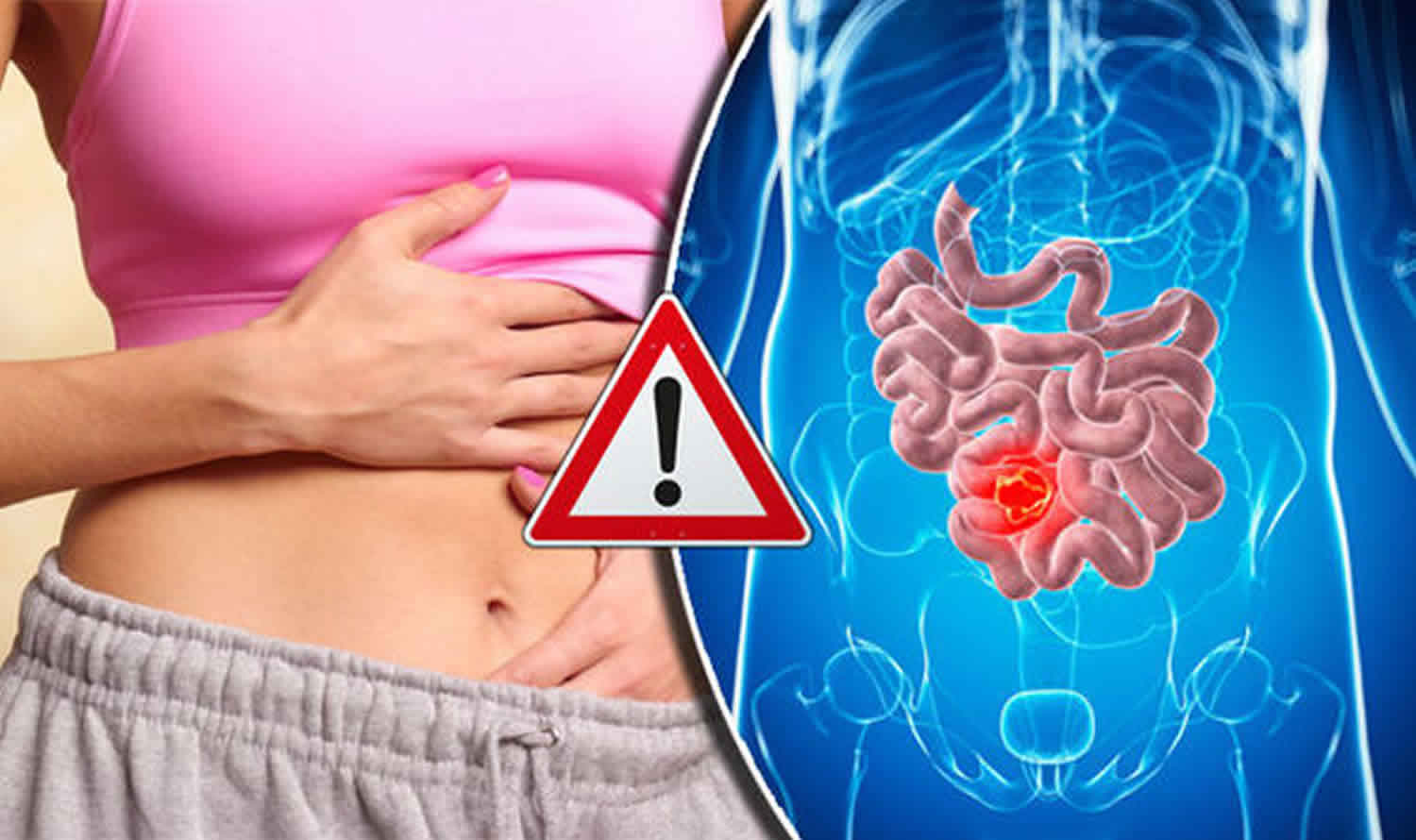
Reading Time: 3 minutes
Fecal Impaction Causes and Treatment
According to one study, severe constipation is a significant problem that affects almost 70% of elderly people who are under care in nursing homes, leading to fecal impaction so its imperative to know about fecal impaction causes and treatment.
While most cases are manageable with dietary changes and home remedies, there’s a severe consequence that can arise from chronic constipation: fecal impaction.
Fecal impaction is an advanced stage of constipation where a large, hardened mass of stool becomes stuck in the rectum or colon. This condition can be painful and even life-threatening if left untreated.
Causes of Fecal Impaction
Learn about the factors that contribute to the development of fecal impaction, including chronic constipation, dehydration, and specific medical conditions.
Symptoms of Fecal Impaction
Recognizing the signs and symptoms of fecal impaction is crucial for seeking timely medical assistance.
Common indicators include:
- Severe Abdominal Pain: Persistent and intense abdominal pain, often localized in the lower abdomen, can be a prominent symptom.
- Difficulty Passing Stool: Straining during bowel movements with little or no success.
- Rectal Bleeding: Blood on toilet paper or in the stool may result from the friction and pressure exerted during straining.
- Cramping: Frequent cramping or abdominal discomfort.
- Nausea and Vomiting: As fecal impaction progresses, it can lead to nausea and vomiting due to bowel obstruction.
- Reduced Appetite: Loss of appetite and feeling full quickly, even without eating much.
- Frequent Urination: Pressure from the impaction may affect nearby structures, causing urinary symptoms.
Complications of Fecal Impaction
- Bowel Perforation: One of the most severe complications of fecal impaction is bowel perforation. When the impacted stool creates excessive pressure on the intestinal walls, it can cause them to tear, leading to a perforation. This condition is a medical emergency and requires immediate surgery to repair the damage.
- Infection: Fecal impaction can lead to the development of infections in the digestive tract. Bacteria from the stool can enter the bloodstream or surrounding tissues, resulting in conditions like diverticulitis or peritonitis. These infections can be life-threatening if not promptly treated with antibiotics and surgical intervention.
- Rectal Ulcers and Tears: The pressure from the impacted stool can cause ulcers or tears in the rectum. This can lead to bleeding, severe pain, and increased risk of infection.
- Hemorrhoids: Fecal impaction can contribute to the development or worsening of hemorrhoids. The straining and pressure associated with impaction can cause hemorrhoids to become more painful and inflamed.
- Fecal Incontinence: Chronic impaction can damage the nerves and muscles in the rectum and anus, leading to fecal incontinence—the inability to control bowel movements.
When to Consult a Doctor for Fecal Impaction
While some cases of constipation can be managed at home with dietary and lifestyle changes, fecal impaction requires medical attention. Here are instances when you should consult a doctor promptly:
- Persistent Symptoms: If the symptoms of fecal impaction persist for more than a few days despite attempts to relieve them, it’s time to see a healthcare professional.
- Severe Pain: Intense and unrelenting abdominal pain, especially if accompanied by vomiting, may indicate a bowel obstruction requiring immediate attention.
- Bleeding: Any rectal bleeding should be evaluated by a doctor to rule out more serious issues.
- Fever: A fever could suggest infection, which is a potential complication of fecal impaction.
- Previous Episodes: If you’ve had fecal impaction before or have a history of chronic constipation, consult your healthcare provider for guidance on prevention and management.
Treatment of Fecal Impaction
1. Laxatives
- Oral Laxatives: Over-the-counter oral laxatives, like magnesium citrate or polyethylene glycol, can help soften and loosen impacted stool.
- Suppositories: Glycerin or bisacodyl suppositories can be inserted into the rectum to stimulate bowel movements.
2. Enemas
- Saline Enemas: These can soften the stool and help with evacuation.
- Mineral Oil Enemas: These lubricate the stool, making it easier to pass.
3. Manual Removal
- In severe cases, a healthcare professional may need to manually break up and remove the impacted stool. This is typically done under sedation.
4. Dietary Changes
- Increasing fiber intake and staying hydrated can help prevent future impactions.
5. Medications
- Your doctor may prescribe medications like stool softeners or prokinetics to aid in bowel movements.
Prevention of Fecal Impaction
- Stay Hydrated: Drinking plenty of water softens stool.
- High-Fiber Diet: Include fiber-rich foods like fruits, vegetables, and whole grains in your daily meals.
- Regular Exercise: Physical activity stimulates bowel movements.
- Avoid Prolonged Use of Laxatives: Consult a healthcare provider if you’re reliant on laxatives for extended periods.
Conclusion: Fecal Impaction Causes and Treatment
In conclusion, constipation is a common issue, but when it progresses to fecal impaction, it becomes a serious and potentially life-threatening condition. Recognizing the causes, symptoms, and complications of fecal impaction is crucial for timely intervention. If you or a loved one experience symptoms of fecal impaction, do not delay seeking medical attention. Your health and well-being are paramount, and consulting a doctor when necessary can make all the difference in your recovery.
